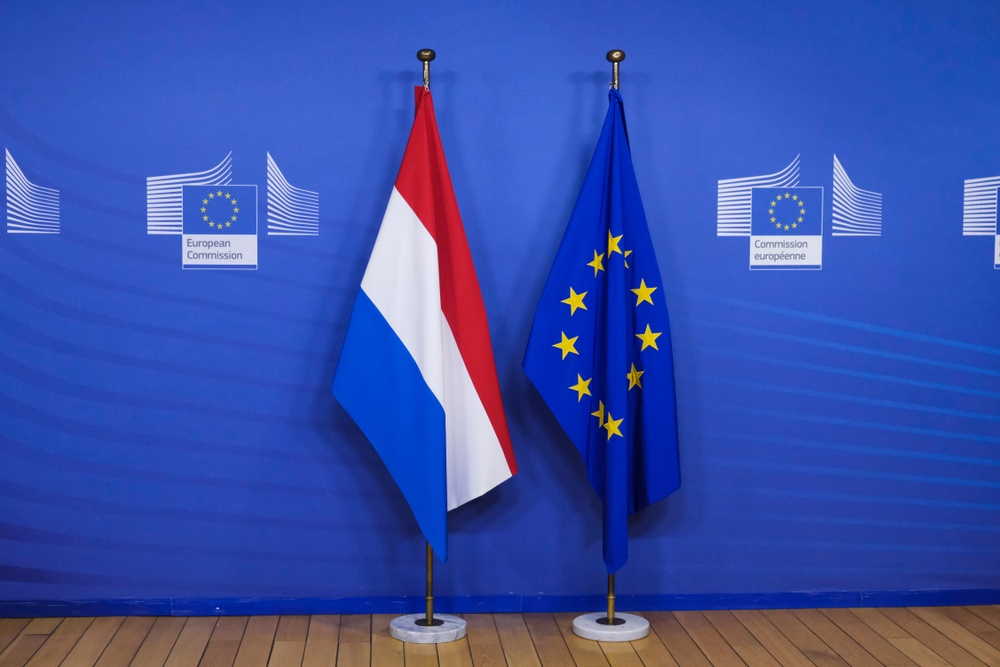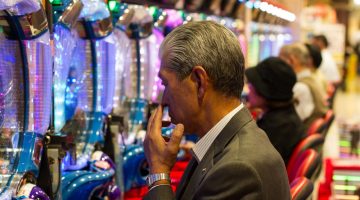Netherlands Forwards More Details on iGaming Legislation to European Commission

After receiving the response from interested stakeholders and parties by 13th November, the European Commission will decide whether Dutch gambling regulations are in accordance with the law of the European Union.
The latest changes in the regulation include comprehensive guidelines on technical standards, reporting and record-holding requirements. In terms of problem gambling, there are six proposed ways to prevent it. Moreover, the details highlight what type of intervention licensees must take whenever a gambler depicts any sign of harmful gambling behaviour.
Responsive Online Gambling Initiatives
The license holder may take initiatives to present customer’s behaviour by offering data on their gambling practices. They can also suggest players use treatment resources for dealing with harmful gambling.
The licence holder may also advise the players to set spending limits and time. If players are found disrespecting or not obeying any such recommendations, the operators may block the player from gambling.
The amendments also add that the choice of actions must depend on the age of customers, playing behaviour and their reaction to past interventions. The license holders are also expected to offer their customers with a detailed and clear explanation of why each intervention action was chosen.
The license holders should also abstain themselves from using misleading names, particularly for licensed games. In addition, sports betting won’t be enabled on negative events like yellow cards in football or on events that have no influence on match results.
The Dutch gambling rules further highlights that technical based casino games must deploy a reliable random number generator without any manipulation. On the other hand, live casino games should be secured against any manipulation and unauthorized access.
For reporting measures, license holders must submit their annual reports covering all the details of registered players. The report should also include the number of withdrawn registrations, due diligence checks, suspected integrity breaches as well as complaints they receive from customers.
The Dutch gambling regulator, Kansspelautoriteit will have the authority to request frequent reports on practices done by operators. The license holders will be required to maintain the details of each customer’s registration.
The details should also include whether improved customer diligence was conducted to assess overall money and time that players spend on distinct verticals. Moreover, details of payment transactions must also be recorded in the data.
New Laws to Come into Force From 2021
The Remote Gambling Act of Netherlands was first introduced in 2014 in the House of Representatives. The Act was then accepted by the country’s Upper House last year in February.
The bill is now set to come into effect by January 2021 with license holders allowed to launch their operations after six months that is in July 2021.
However, the chairman of Kansspelautoriteit, René Jansen confirmed in a discussion that the government may extend the date by a few months. The launch is postponed because Sander Dekker who is the Minister for Legal Protection suggested that effects of COVID-19 may prevail for a longer period.
The Dutch government had already forwarded an initial section of the gambling legislation to the European Commission this year in July. It covered the needs of license holders to develop a policy for the prevention of gambling addiction. It also added that customers should set a limited credit on their accounts.
Moreover, there will be a restriction on bonuses and customers must prevent themselves from accepting promotions.
Gambling operators will also be restricted from doing advertising related to gambling services from 6 am to 9 pm.
Read Also:

Genesis Casino Ready to Accept Spanish Players, Gives a Bonus
The latest development for the Genesis casino, in particular, is the expansion of its operations.…

Genesis Global Limited Offers Even More Bonuses & Fun at FunBet
They’ve released several gambling brands since the start of 2020, with great new gambling opportunities…

Dutch And Maltese Gaming Regulators Signs MoU To Prevent Illegal Gambling
The Purpose of MoU Under the MoU, there will be an enhanced cooperation between the…

Operators Pull Out Japan Casino Plans Amidst Uncertain Gambling Regulations
The casinos needed to submit tedious requirements before legalizing the business and face heavy taxes…

GrooveGaming Extends Contract With BetConstruct
The success of the merger showed a high demand for online casino products. GrooveGaming exploited…

Chile’s Casino Operators Receives Coronavirus Relief From Creditors, Investors
The gambling industry is among the industries which suffered the biggest losses. The casinos shut…